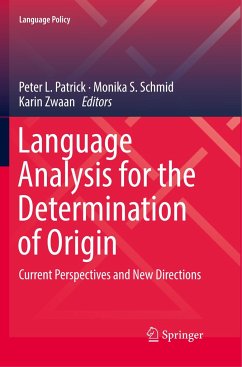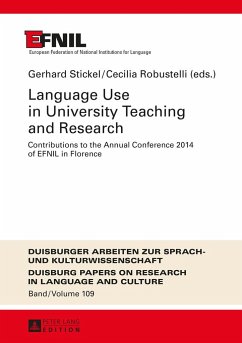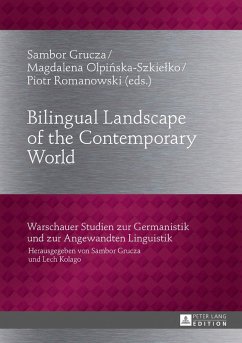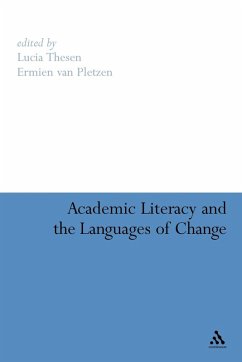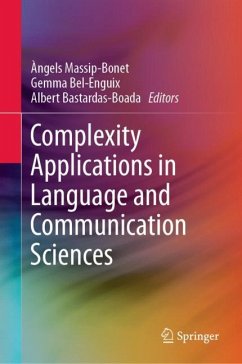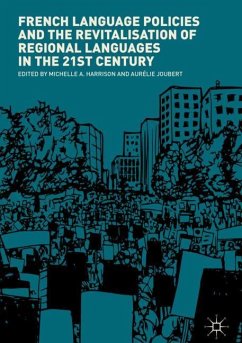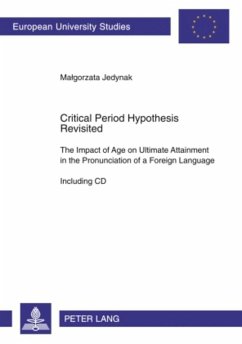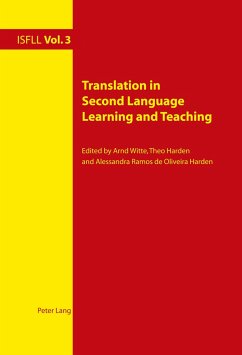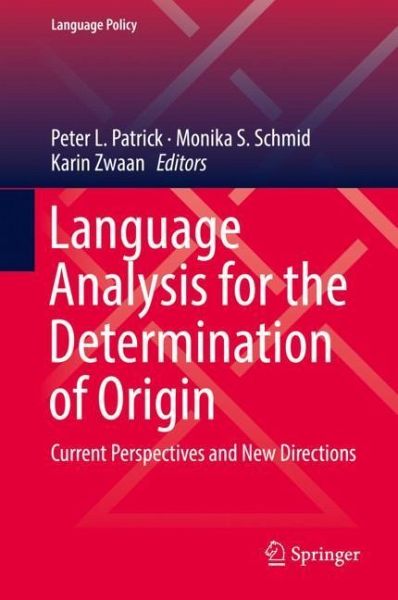
Language Analysis for the Determination of Origin
Current Perspectives and New Directions
Herausgegeben: Patrick, Peter L.; Schmid, Monika S.; Zwaan, Karin

PAYBACK Punkte
53 °P sammeln!
This comprehensive, up-to-date volume reports on current practices and use of Language Analysis for the Determination of Origin (LADO). Readers will find chapters on how it is done, where it is used, how it is used, and learn about recent developments on the use of LADO reports in judicial practice, and current controversies in the field. LADO is a highly controversial topic, and a relatively new branch of forensic linguistics that is used by most European and some non-European governments. When asylum seekers cannot submit documentary proof of their origin, their language can be analysed in o...
This comprehensive, up-to-date volume reports on current practices and use of Language Analysis for the Determination of Origin (LADO). Readers will find chapters on how it is done, where it is used, how it is used, and learn about recent developments on the use of LADO reports in judicial practice, and current controversies in the field. LADO is a highly controversial topic, and a relatively new branch of forensic linguistics that is used by most European and some non-European governments. When asylum seekers cannot submit documentary proof of their origin, their language can be analysed in order to assess whether their linguistic profile is in accordance with their stated origin. Around 10,000 such language analyses take place annually. This volume is based on the series of meetings of the Language and Asylum Research Group held between 2010 and 2012 and convened by the editors, and offers a state-of-the art perspective from researchers, practitioners, policymakers and stakeholders working on or with LADO.





